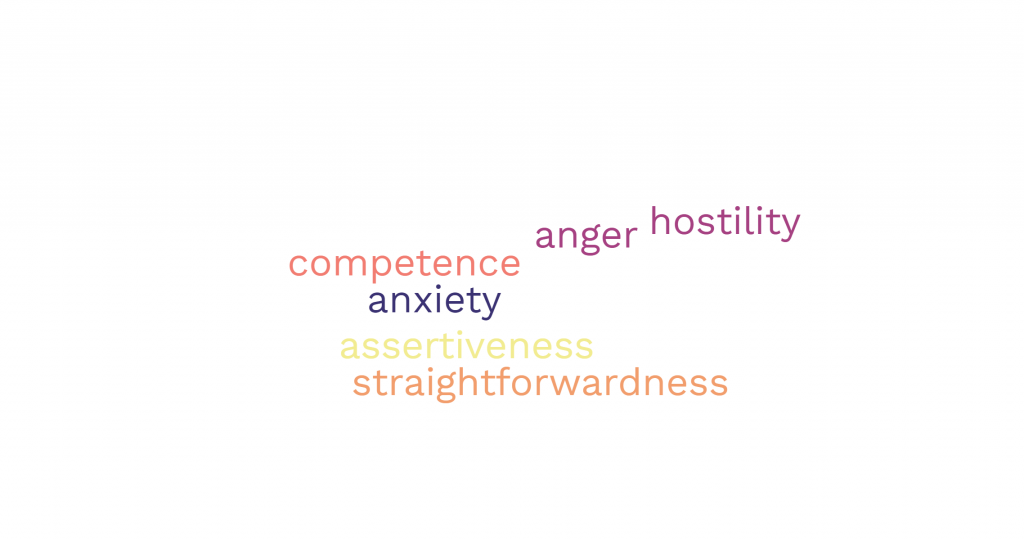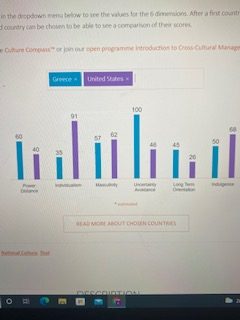Artifact 3:
Happiness is a very important thing when it comes to being able to live your life to the fullest. Everyone has multiple things that make them happy whether it be a significant other, a child, a family member, or it can be as simple as a song, or favorite place to visit. Personally, I have a 6 year old son that makes me happy everyday. Watching my son grow and reach new milestones in his life makes me happier than I have ever been. I had my son when I was 19 years old and of course when you are younger you have different things that make you happy. Before I had my son, field hockey was what made me happy. I played all the way through high school and some in college, but when I found out I was pregnant I had to give up what made me happy. Luckily, what previously made me happy was replaced by something that gave me an immense amount of happiness that I never experienced while playing field hockey. I do believe that when a person is happy, they generally have better physical health. When a person is not happy and may be experiencing depression your physical health may decline. Happiness causes you to want to be physical. A depressed person may lose interest in what makes them happy causing physical health to suffer. Happiness is a virtue that everyone should have in their lives.
This is a picture of my son Zachary and I. I love this picture because you can see the smile on my face that shows genuine happiness. I would do anything for this little boy because when he is happy I am happy.
Artifact 2:
I have a lot of personality traits that exemplify how I act when put in certain situations. For example, I am self-conscious, warm, trustworthy, modest, and I have a sense of compliance and order. Depending on the situation I am put in, I may act differently than normal. An example of a past episode that would help to explain this more is when I was at work. I work full time as a hair-stylist and sometimes people are not satisfied with their haircuts even though you did everything you were supposed to do. I remember when I first started my career I messed up quite a few haircuts. I remember a gentleman coming back in, and telling me it was the worst haircut he had ever received. Usually I would respond back with a nice warm “I am sorry” or “Let me see what I can do to fix that for you” but instead I stood up for myself and responded back with “I don’t really think there is anything wrong with the cut” which was a way that wasn’t welcoming or warm. The subtraits that I showed while in this situation were self-consciousness, anger, hostility, anxiety, assertiveness, straightforwardness, and competence.
I believe that as humans we do not reflect consistent personality in our behaviors, I believe that the context of the situation influences our personality and the traits that we show. When a person is put in a difficult situation, or a situation that makes them angry they may show more of the hostile side to their personality. On the other hand if a person is put in a situation that is gratifying they may show a different personality with happiness and excitement.

Artifact 1:

The United States places in the middle when looking at Hofstede’s five dimensions on culture. When you compare the United States with other countries around the world you may notice that in the category of Individualism/collectivism the United States places fairly high. I think the reason behind this is because the United States is considered more individualistic which means that we don’t work in groups to make success. The power distance category for the United States is fairly low, which makes sense because with it being lower means that in the United States we make an emphasis on personal responsibility.
The Chart above shows the differences between the United States and Greece. In Greece individualism/ collectivism poses a very low result. This is because they are collectivists, they work together as a group to be successful in their country. In the power distance category the country places fairly high compared to the United States. With Greece placing higher in the power distance category it means that they encourage bureaucracy and they prefer authority and rank. Greece also places way higher in the uncertainty avoidance category which means that Greece has more support for rules, data, clarity and roles. The United States does not place very high in the uncertainty avoidance category meaning that in the United States there is more of an acceptance for working outside of the rules and taking risks. These countries are very different, and it would be really cool to learn more about the way that Greece functions because of their culture.